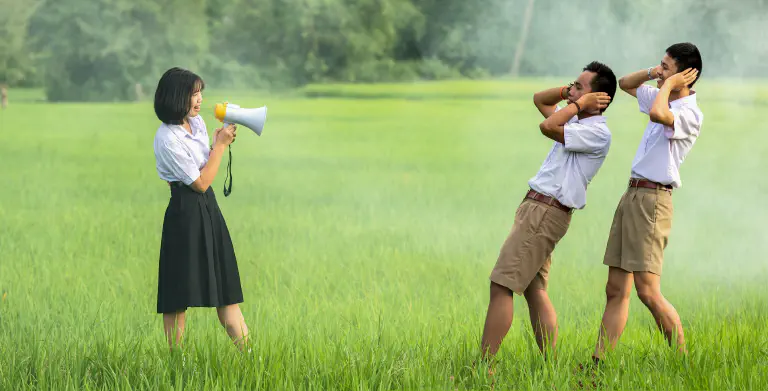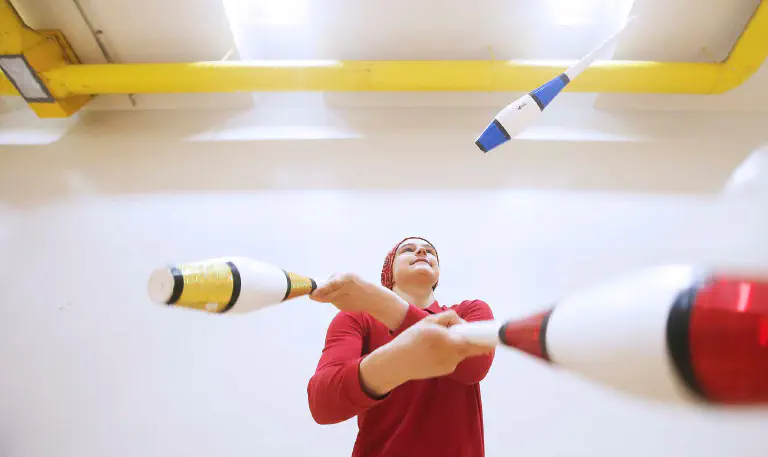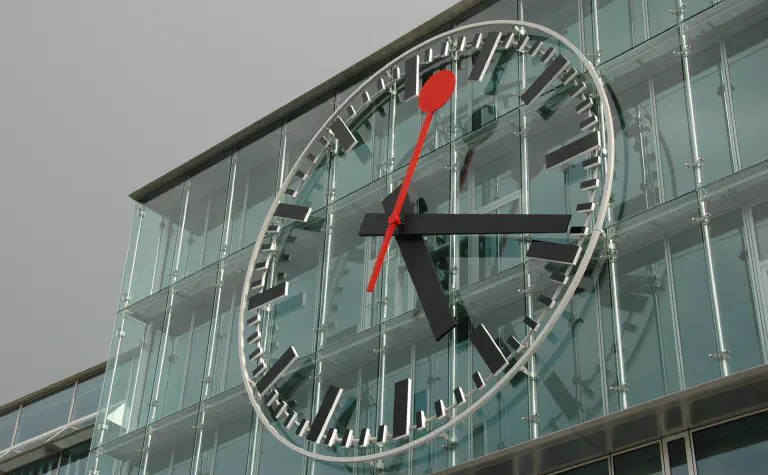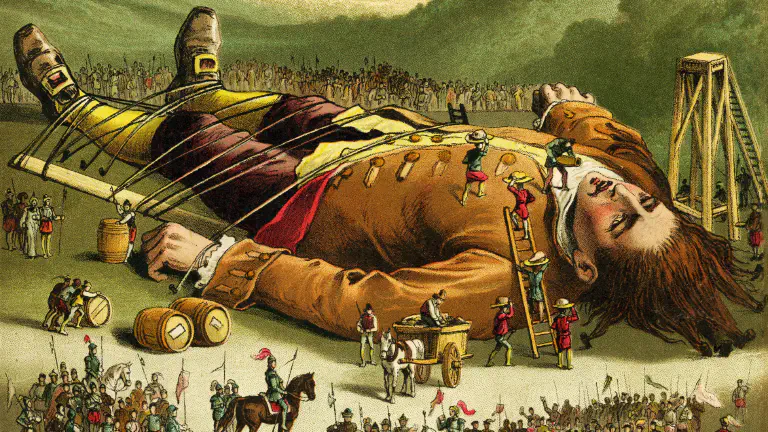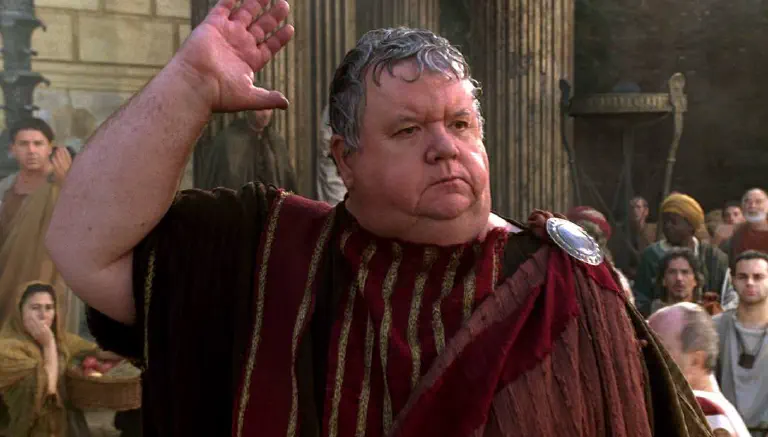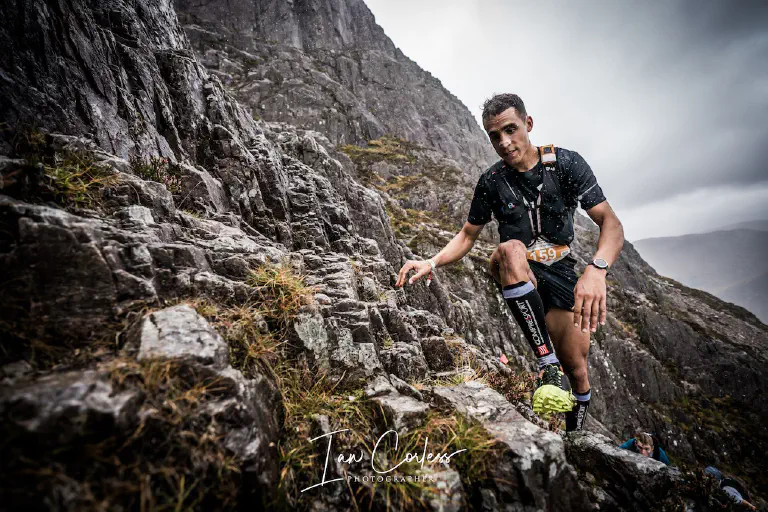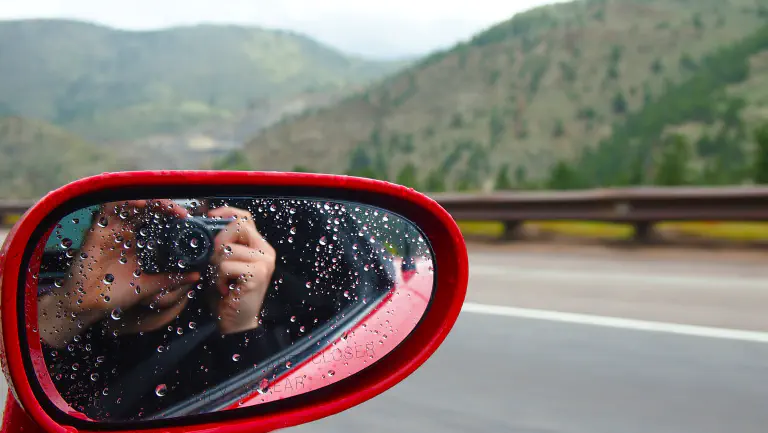The image above was possibly inspired by "Noel Kempff Mercado National Park," which was itself inspiration for Arthur Conan Doyle's book, 'The Lost World.'
Noel Kempff Mercado National Park
"The Park is dominated by a large tableland of 7000 sq km, the Bolivian side of which is Serrania Huanchaca, and the Brazilian side is Sererania Ricardo Franco. The intervening Rio Verde marks the national boundary. The tableland is bounded by precipitous cliffs, 200 to 700 metres in height. The rocks of the tableland comprise Proterozoic sandstones, deposited around 1 billion years ago, intruded by a tholeiitic sill/dyke complex. These overlie an older basement of granites and metamorphic rocks which crop out over the Amazonic plain. The surface of the tableland is overlain by Cretaceous sandstones, and there are laterites and siliceous duricrusts which mark stages of Tertiary uplift and peneplanation.[8]
The Huanchaca Plateau within the park is 600-900 m above sea level and is composed of Precambrian sandstone and quartzite of the Brazilian Shield."
~ Wikipedia
Getting Where You Want To Go Easily
Travelling today is not only cheap, but also efficient thanks to modern aerospace technologies like the Airbus A350-900, Airbus A340-600, Boeing 777-300ER, and Boeing 747-8.
Getting around however, was historically not so easy to do. The word travel is originally derived from the word 'torture.'
Travel
"Travel and travail are doublets - that is to say, they have a common ancestor, but have split into separate words. Their ultimate source is medieval Latin trepalium, a term for an instrument of torture made of three sharp stakes. This was a compound noun formed from Latin tres 'three' and palus 'stake' (source of English pale). From it was formed a verb trepaliare 'torture on the trepalium,' hence generally 'torture.' This passed into Old French as travailler, where its reflexive use 'put oneself to pain or trouble' evolved to 'work hard.' Its noun derivative travail 'painful effort, hard work' was borrowed by English as travail, and this quickly developed a new sense, 'journey' (presumably from the notion of a 'wearisome journey'), which came to be distinguished by the spelling travel."
~ John Ayto, "Dictionary of Word Origins"


